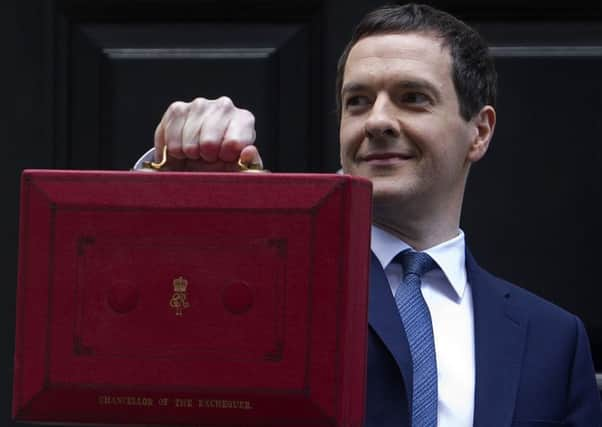Reduction in capital gains tax is welcome


The first change focused on the existing ER rules which, following legislation introduced in 2015, were thought to be having an unfair impact on family businesses and entrepreneurs. The 2015 legislation focused on three main parts of the rules (associated disposals; goodwill on incorporation; and joint ventures and partnerships) and was intended to prevent relief being available on certain structures thought to be outside the original purpose of the relief. However, the legislation went too far and caught genuinely commercial arrangements for succession planning. The Finance Bill 2016 therefore announced the relaxation of some rules introduced in 2015 which will be backdated.
The 2015 legislation prevented ER from applying to certain “associated disposals” – broadly meaning the disposal of business assets owned personally by an individual, but used by a partnership or a company. Where an individual made a disposal (by sale or gift) of his/her company shares or partnership interest to “connected persons” (such as family members) and there was a disposal of a personally owned business asset, ER would not have been available on the gain on the asset. This therefore applied to a wide range of genuinely commercial transactions, such as in the succession of a family business. For example, a retiring father passing the family business to his son could not claim ER on the disposal of a personally owned asset used in the business.
Advertisement
Hide AdAdvertisement
Hide AdThe 2015 changes also meant ER could not apply to the gain on the goodwill of a business sold to a “related company”. This meant the relief was not available when the acquiring company was owned by a member of the family as part of a family succession. The Finance Bill 2016 allows ER to apply provided that the original owner has less than 5 per cent of shares or voting power in the acquiring company.
The reversal of some of the 2015 changes is generally good news for those planning the succession of their family business, but has added some complexity.
Until now, ER was only available on unquoted company shares where the shareholder was also an employee or director of the company and held at least 5 per cent of the shares. If ER was not available, an individual shareholder who disposed of shares in an unquoted trading company would pay CGT at the full rate.
In an unexpected change designed to encourage investment in unquoted companies, the Finance Bill 2016 will contain a significant extension to ER so the 10 per cent rate can potentially apply to all holdings in unquoted companies, without the need for the shareholder to be an employee or director. Investing in unquoted companies involves particular risks but this favourable relief should offer a valuable incentive, particularly for those considering long-term investments where venture capital reliefs are not available.
This is to be treated as an entirely separate relief and will have its own lifetime limit of £10 million of gains per individual. To qualify, the shares must be unquoted, have been acquired through a new subscription after 16th March 2016 and have been held for at least three years from 6th April 2016, so the relief can only apply to a disposal from April 2019 at the earliest. There will be provisions to ensure that the shares are subscribed for by the individual for genuine commercial purposes.
Paul Macaulay is a Partner with Turcan Connell